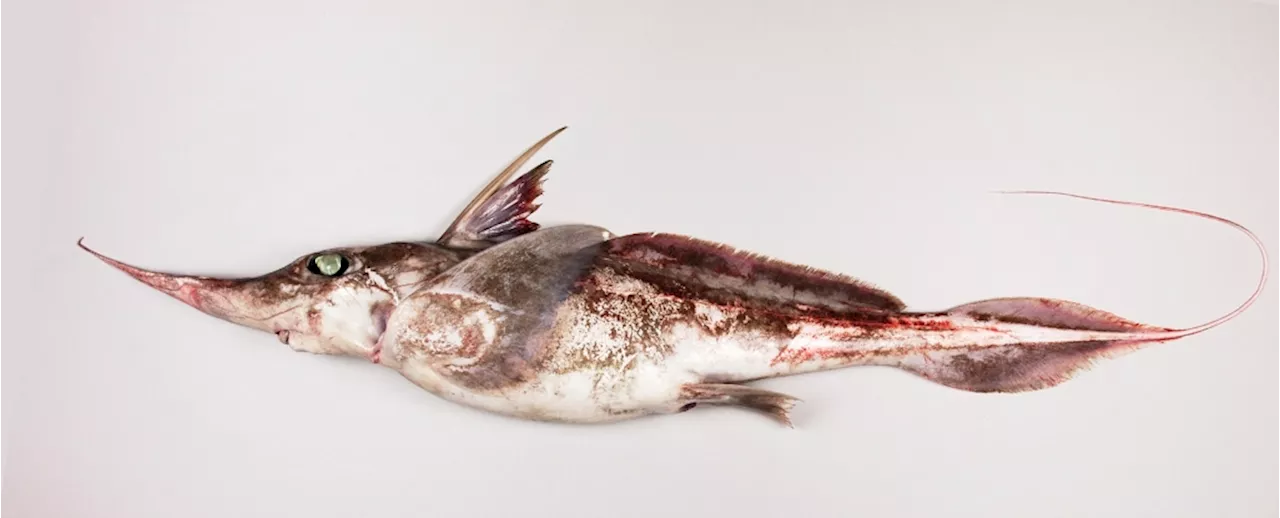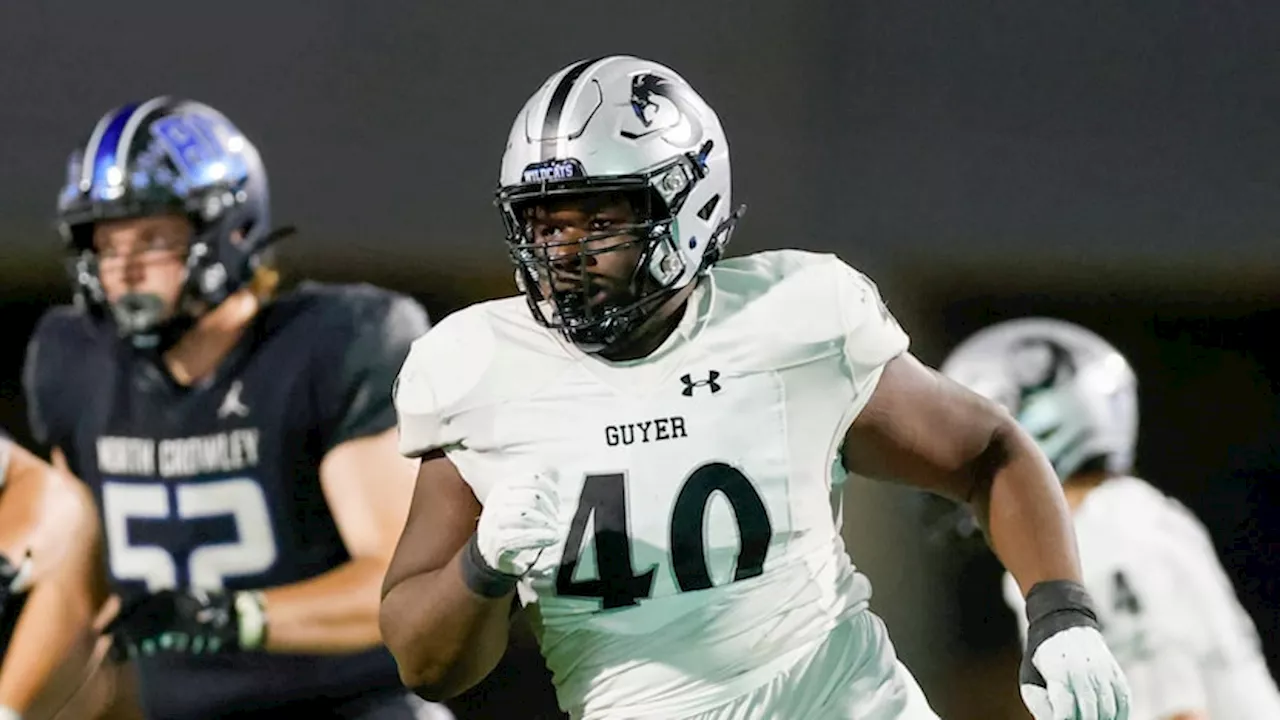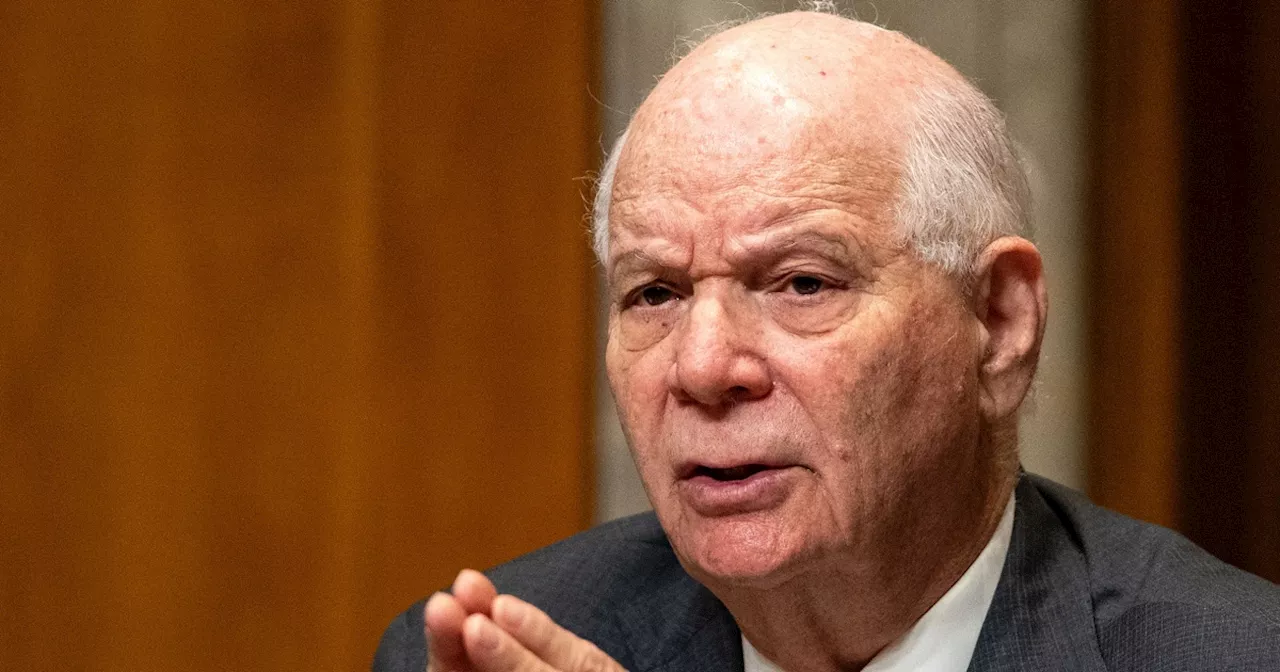Deep brain stimulation may provide immediate improvement in arm and hand strength and function weakened by traumatic brain injury or stroke.
Deep brain stimulation may provide immediate improvement in arm and hand strength and function weakened by traumatic brain injury or stroke, University of Pittsburgh School of Medicine researchers report today inEncouraging results from extensive tests in monkeys and humans open a path for a new clinical application of an already widely used brain stimulation technology and offer insights into neural mechanisms underlying movement deficits caused by brain injury.
To boost the activation of existing, but weakened, connections, researchers proposed to use deep brain stimulation , a surgical procedure that involves placing tiny electrodes in specific areas of the brain to deliver electrical impulses that regulate abnormal brain activity. Over the past several decades, DBS has revolutionized the treatment of neurological conditions such as Parkinson's disease by providing a way to control symptoms that were once difficult to manage with medication alone.
To understand the mechanism of how DBS of the motor thalamus helps improve voluntary arm movement and to finesse the specific location of the implant and the optimal stimulation frequency, researchers implanted the FDA-approved stimulation device into monkeys that had brain lesions affecting how effectively they could use their hands.
As soon as the stimulation was turned on again, the range and strength of arm motion was immediately improved: The participant was able to lift a moderately heavy weight and reach, grasp and lift a drinking cup more efficiently and smoothly than without the stimulation. This research is supported by internal funding from the departments of Physical Medicine and Rehabilitation and of Neurological Surgery at Pitt. Additional funding was provided by the Walter L. Copeland Foundation, the Hamot Health Foundation and the National Institutes of Health .Jonathan C. Ho, Erinn M. Grigsby, Arianna Damiani, Lucy Liang, Josep-Maria Balaguer, Sridula Kallakuri, Lilly W. Tang, Jessica Barrios-Martinez, Vahagn Karapetyan, Daryl Fields, Peter C. Gerszten, T.
Disability Psychology Research Brain Tumor Brain Injury Brain-Computer Interfaces Neuroscience Disorders And Syndromes
United States Latest News, United States Headlines
Similar News:You can also read news stories similar to this one that we have collected from other news sources.
 Researchers are learning what goes on in the brain during deep breathing.Researchers are answering the question: What’s going on in the body when we take slow, deep breaths?
Researchers are learning what goes on in the brain during deep breathing.Researchers are answering the question: What’s going on in the body when we take slow, deep breaths?
Read more »
 Deep-sea discovery shines light on life in the twilight zoneA new study could change the way scientists view microbial processes in the deep ocean. The unexpected findings expand our understanding of the impacts of climate change, including how and where the ocean stores carbon.
Deep-sea discovery shines light on life in the twilight zoneA new study could change the way scientists view microbial processes in the deep ocean. The unexpected findings expand our understanding of the impacts of climate change, including how and where the ocean stores carbon.
Read more »
 New 'Ghost Shark' Species Discovered Lurking in Deep OceanThe Best in Science News and Amazing Breakthroughs
New 'Ghost Shark' Species Discovered Lurking in Deep OceanThe Best in Science News and Amazing Breakthroughs
Read more »
 Denton Guyer’s deep defensive line fuels 2-1 startDenton Guyer’s defensive line has two players committed to Oklahoma and Wisconsin and a third with multiple Division I offers. The team is the only one to...
Denton Guyer’s deep defensive line fuels 2-1 startDenton Guyer’s defensive line has two players committed to Oklahoma and Wisconsin and a third with multiple Division I offers. The team is the only one to...
Read more »
 A new approach for rockburst risk control and mitigation in deep miningMining of minerals is important for the advancement of modern society. However, over many years of mining, shallow resources are depleting with the need to migrate to deep levels.
A new approach for rockburst risk control and mitigation in deep miningMining of minerals is important for the advancement of modern society. However, over many years of mining, shallow resources are depleting with the need to migrate to deep levels.
Read more »
 Sen. Ben Cardin says he was targeted by apparent deep fake callFrank Thorp V is a producer and off-air reporter covering Congress for NBC News, managing coverage of the Senate.
Sen. Ben Cardin says he was targeted by apparent deep fake callFrank Thorp V is a producer and off-air reporter covering Congress for NBC News, managing coverage of the Senate.
Read more »
